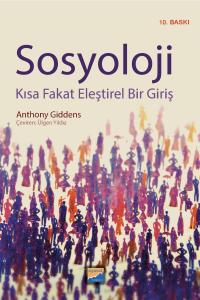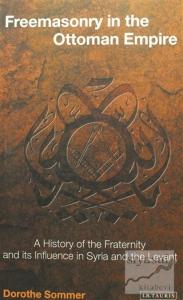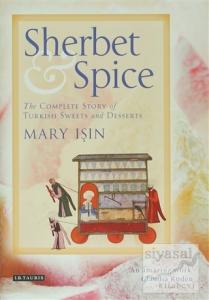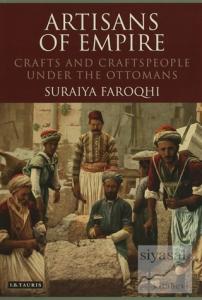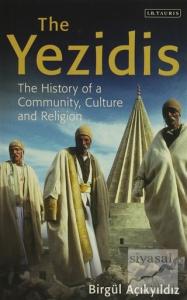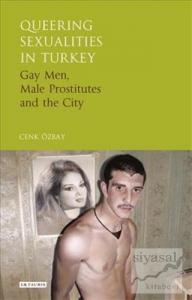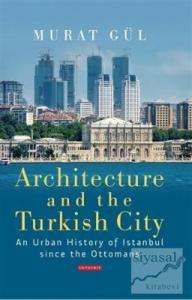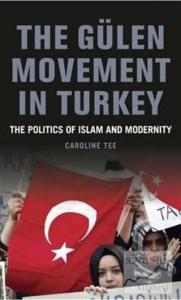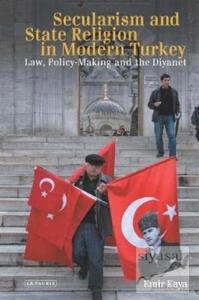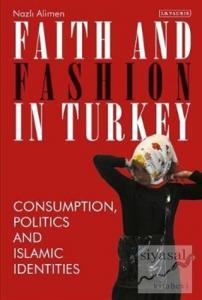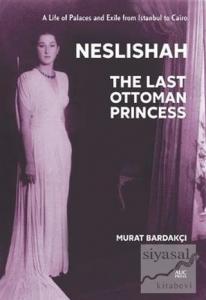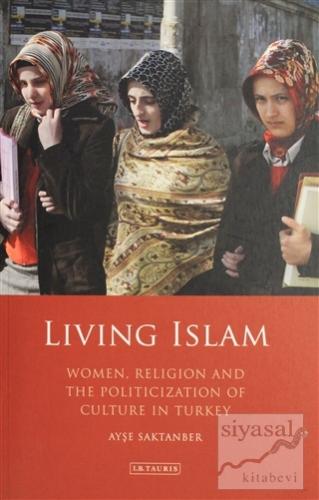
How and why did women play a central role in the political project of Islamic revivalism and in the power struggles between Islamic and secular forces in Turkey? Aye Saktanber rejects approaches to this issue that ask what Islam means for the position of women, or that see Muslim women as the 'reverse' or 'dark' side of modernity. Taking as her subject matter families who have come together to 'live Islam' as 'conscious Muslims' in a suburb of Ankara, she attempts instead to understand the experiences of women for whom the discourse of modernity has a distant but complex relevance and to look at the ways in which they have become crucial agents in the effort to make Islam a living social practice in a secular order. Full of both theoretical insight and fascinating accounts of the lives of Islamist women, this prize-winning study is essential for anyone interested in the Muslim world.
Ayşe Saktanber is currently Professor of Sociology at the Middle East Technical University in Ankara, and Chair of the Gender and Women's Studies Graduate Program. She is an elected member of the Executive Committee for the International Sociological Association (2014-2018) and recipient of METU, the Mustafa N. Parlar Dissertation Award. Her works have centred on the sociology of culture, the politics of everyday life, youth and communication. Her more recent research interests are space, place and gender, and the formation of city culture(s).
How and why did women play a central role in the political project of Islamic revivalism and in the power struggles between Islamic and secular forces in Turkey? Aye Saktanber rejects approaches to this issue that ask what Islam means for the position of women, or that see Muslim women as the 'reverse' or 'dark' side of modernity. Taking as her subject matter families who have come together to 'live Islam' as 'conscious Muslims' in a suburb of Ankara, she attempts instead to understand the experiences of women for whom the discourse of modernity has a distant but complex relevance and to look at the ways in which they have become crucial agents in the effort to make Islam a living social practice in a secular order. Full of both theoretical insight and fascinating accounts of the lives of Islamist women, this prize-winning study is essential for anyone interested in the Muslim world.
Ayşe Saktanber is currently Professor of Sociology at the Middle East Technical University in Ankara, and Chair of the Gender and Women's Studies Graduate Program. She is an elected member of the Executive Committee for the International Sociological Association (2014-2018) and recipient of METU, the Mustafa N. Parlar Dissertation Award. Her works have centred on the sociology of culture, the politics of everyday life, youth and communication. Her more recent research interests are space, place and gender, and the formation of city culture(s).










